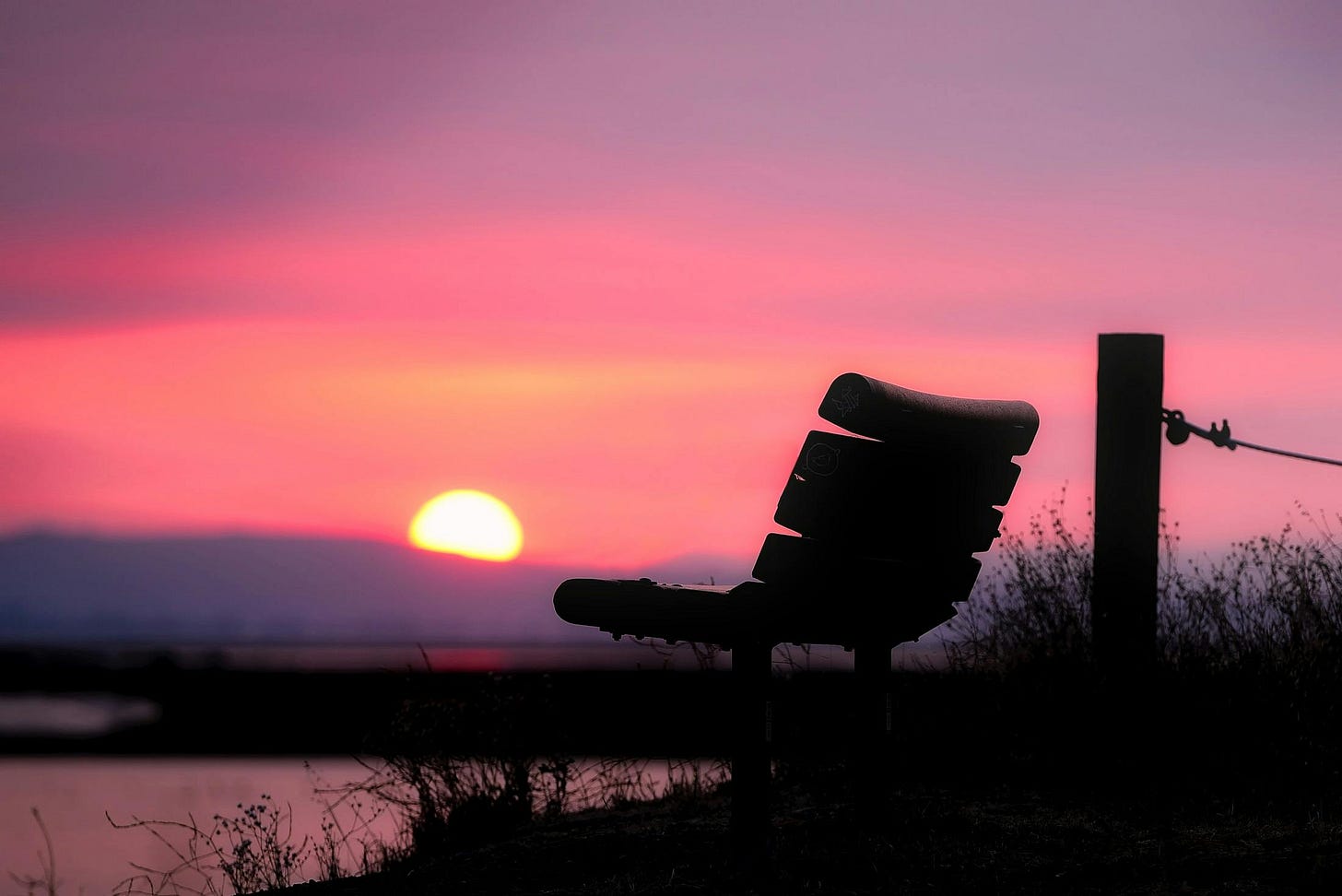Loneliness vs. Solitude: Understanding the Difference and Embracing Both
In our fast-paced, hyperconnected world, it's easy to confuse being alone with being lonely. Yet, these two experiences—loneliness and solitude—are fundamentally different, each playing a unique role
Photo by Pixabay
As men striving for balance and personal growth, understanding this difference is crucial. Let's explore how loneliness can impact us, why solitude is essential, and how to navigate both for optimal well-being.
The Ache of Loneliness
Loneliness is more than just being physically alone; it's a state of emotional disconnection that can slowly erode our sense of self and well-being. As men, we might sometimes struggle to admit feeling lonely, viewing it as a sign of weakness. But here's the truth:
Loneliness is a universal human experience, one that doesn't discriminate based on gender, age, or social status.
It's not just an emotional discomfort—chronic loneliness can have tangible effects on our physical and mental health.
Recognizing and addressing feelings of loneliness is a strength, not a weakness.
Why We Need Connection
We humans are inherently social creatures. Our need for connection isn't just a preference—it's hardwired into our DNA:
Evolutionary Advantage: Throughout our evolution, belonging to a tribe meant survival. Those who formed strong social bonds were more likely to survive and pass on their genes.
Biological Impact: Social connection triggers the release of oxytocin, often called the "bonding hormone," which reduces stress and promotes feelings of well-being.
Emotional Resonance: We thrive when we can share our experiences, thoughts, and feelings with others who understand and validate us.
Collective Growth: Interacting with others challenges our perspectives, broadens our horizons, and contributes to our personal growth.
The Power of Solitude
While connection is vital, solitude—the state of being alone without feeling lonely—is equally important for our well-being and personal development. Solitude, when approached mindfully, can be a powerful tool for self-discovery and growth:
1. Self-Discovery
Solitude provides the space and silence necessary to tune into our inner voice. It's in these quiet moments that we can:
Reflect on our values, desires, and goals
Identify patterns in our thoughts and behaviors
Gain clarity on what truly matters to us
2. Emotional Regulation
Time alone allows us to process our emotions without external influences. This can lead to:
Better understanding of our emotional triggers
Development of healthier coping mechanisms
Increased emotional resilience
3. Creativity and Problem-Solving
Many great ideas and solutions come when we're alone with our thoughts. Solitude can:
Boost creativity by allowing our minds to wander freely
Enhance problem-solving skills as we approach issues from new angles
Improve concentration and focus
4. Self-Reliance and Confidence
Learning to enjoy and make the most of solitude can:
Increase our sense of self-reliance
Boost confidence in our ability to handle challenges independently
Reduce dependency on others for our happiness and well-being
Finding Your Path
As you navigate the balance between connection and solitude, remember:
It's okay to start small: If solitude feels uncomfortable, begin with short periods and gradually increase.
Quality over quantity: Focus on meaningful connections rather than simply being surrounded by people.
Explore your passions: Use solitude to delve into interests that truly excite you.
Practice mindfulness: Use techniques like meditation to enhance your solitude experience.
Stay open to possibilities: Your path might lead you to a simple life in nature, or it might reveal ambitious goals you never considered. Both are valid and worthy of exploration.
Embracing Both Sides of the Coin
The key to personal growth and well-being lies in embracing both connection and solitude. By nurturing meaningful relationships and developing a positive relationship with solitude, we can achieve a more balanced, fulfilled life.
Remember, gentlemen: Your journey is unique. Whether you find peace in the quiet of a forest or the bustling energy of a city, the most important thing is to stay true to yourself and keep exploring. The path to self-discovery is lifelong, and every step—whether taken alone or alongside others—is valuable.
At Menquillibrium, we're here to support you on this journey. Share your experiences, learn from others, and remember: You're never truly alone in your quest for growth and balance.

